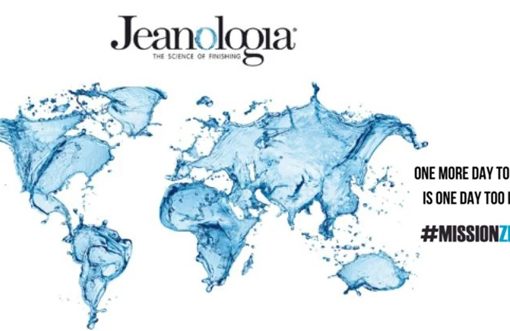A formal textile waste management system is a must now

Experts emphasized the need for Bangladesh to formalize its informal textile waste management system to comply with the European Union’s sustainable product regulations, which are crucial for the ready-made garment industry. During a discussion under the ‘SWITCH to Circular Economy Value Chains’ project, experts highlighted the importance of a structured policy framework to transition the RMG industry toward sustainability. This shift, they argued, could reduce reliance on imports and generate millions of jobs in recycling.
The event, co-funded by the EU and Finland’s government, featured collaboration from the Bangladesh Garment Manufacturers and Exporters Association, Global Fashion Agenda, and other organizations. Commerce Ministry Additional Secretary Abdur Rahim Khan stressed that garment waste (jhute) is not only an economic but also a legal issue, attributing recent labor unrest partly to waste management challenges. He emphasized that policy reform, while not guaranteeing full sustainability, would help stabilize the industry.
Dr. Bernd Spanier, Deputy Head of the EU Delegation to Bangladesh, noted that the next five years are critical for Bangladesh’s RMG industry, stressing the need for technological transfer, financing, and a national circularity strategy to remain competitive in EU markets.





Comment here